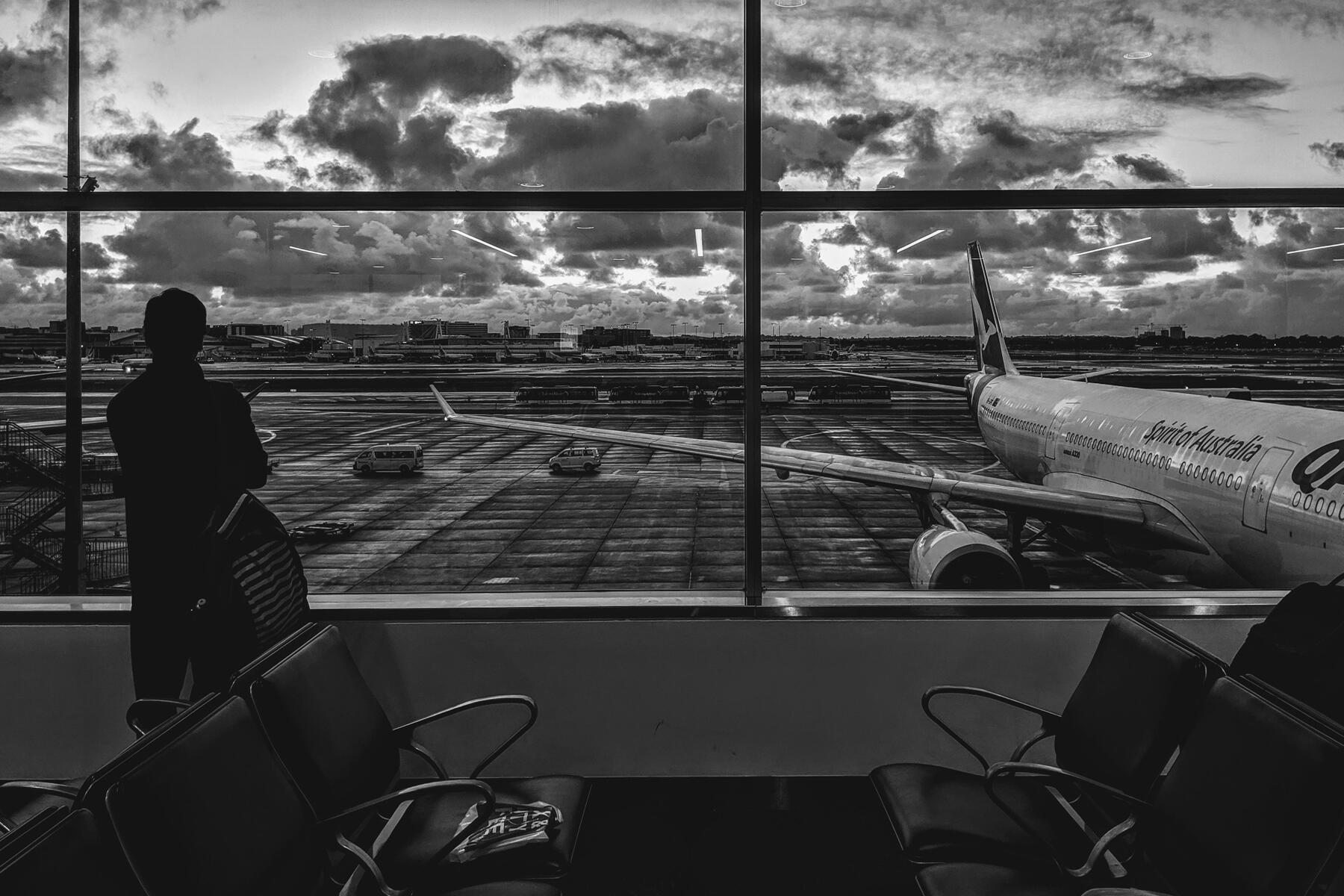No relief on the other side of the world.
All throughout the summer of 2022, labor shortages have plagued airlines and airports in the U.S. and Europe. Both regions are choking under pressure from a gush of passengers. Fliers have experienced flight delays, cancelations, long queues at check-in, and lost luggage. In Europe, the disruption has been made worse by strikes organized by airline and airport staff who are demanding better working conditions and pay.
Thousands of employees have exited the travel industry since the start of the pandemic. Now there are just not enough people to run operations smoothly, especially as passenger numbers continue to rise. So, airlines are trimming their schedules and canceling flights.
All in all, it has become stressful to fly through the U.S., Canada, or Europe. And on the other side of the world, Australian airports are also struggling with similar scenes.
Related: Bad News: No, Air Travel Won’t Get Better Anytime Soon
Disruption Down Under
Sydney’s Kingsford Airport is one of the 10 worst airports globally for delays and cancelations, according to data by FlightAware from May 26-July 19. The airport terminated 15,000 people during the pandemic, and now it is dealing with staffing issues. Last month, Sydney airport’s CEO Geoff Culbert said that they are trying to manage the crowds with additional resources, but the airport will be busy. “The root cause of these challenges is that every business at the airport is rebuilding its workforce and doing it in the tightest jobs market in nearly half a century.”
Recommended Fodor’s Video
Distraught passengers are tweeting about hours-long queues and delays. Cancelations have also been persistent due to crew calling in sick with COVID-19 and flu, an increase in passenger numbers due to school holidays, and bad weather. Qantas has (more than once) expressed regret to its customers for poor customer service and recurrent delays.
Related: Major Changes Might Be Coming to Protect Fliers From Airport Chaos
In April, the carrier published a statement on call wait times, saying, “The recent call wait times that our customers have been experiencing are not acceptable. We sincerely apologize to customers who have had to spend so long to speak to someone, and we thank them for their patience.”
Last month, Andrew David, CEO of Qantas Domestic and International, apologized on a radio show and said, “We are the national carrier, people have high expectations of us, we have high expectations of ourselves, and clearly over the last few months, we have not been delivering what we did pre-COVID.”
Qantas’ Woes Continue
Trouble is still brewing for the airline. Earlier this week, the news broke that the flagship carrier has asked its senior executives to fill in as baggage handlers. They need at least 100 volunteers at airports in Sydney and Melbourne who will be tasked with loading/unloading and driving vehicles to move luggage at the airports.
In an internal memo, COO Colin Hughes told employees that anyone interested will be trained to support ground handling partners for three months. “There is no expectation that you will opt into this role on top of your full-time position,” it said.
According to The Guardian, Qantas fired at least 1,600 luggage handlers after the pandemic, and the job was outsourced—an Australian court has ruled that this move was unlawful. A company that’s managing their baggage service, Swissport, is also struggling to fill in the positions. It is offering a $50 bonus to employees who show up for their shifts. Even so, a baggage handler told the publication that one in 10 bags is getting lost or not being loaded onto the carrier’s domestic flights at the Sydney airport.
Related: You’ll Never Want to Check Your Bags Again After Reading These Recent Lost Luggage Stories
Virgin Australia isn’t doing much better either. According to data collected by Cirium, it is the worst airline for cancelations in a group of 19 airlines studied. It has canceled 5.9% of its scheduled flights in three months as compared to 1.4% in 2019 for the same period. Qantas is number 4 on this list with 3.3% cancelations.



